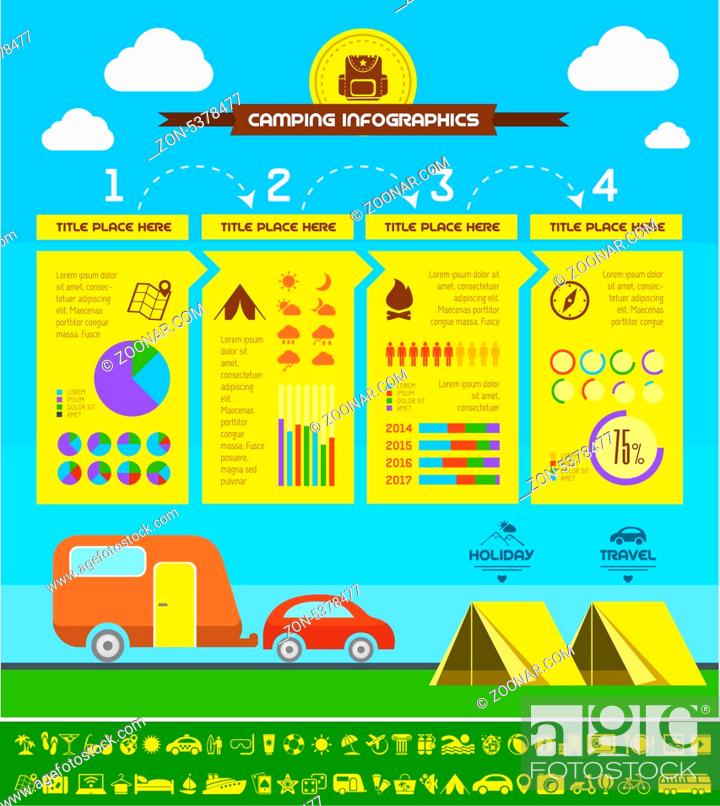A four-season camping tent is optimal for winter season mountain camping or cool environments where snow and wind are a provided. Top notch four-season camping tents provide exceptional insulation and weather condition resistance for security in extreme conditions.
Efficient four-season outdoors tents use construction high quality greater than raw R-values. Find out how rigid foam, polystyrene, and various other products maintain these tents warmer and drier.
Fiberglass Insulation
Fiberglass insulation is a prominent option for homeowners and DIYers wanting to boost their home's power efficiency. Made from recycled glass and sand, fiberglass is non-combustible and does not call for additional fire-retardant treatment for property usage.
It is commonly a pink-tinted material that can be set up in several forms, including attics, crawl space joists, and cellar wall surfaces. It's available in blanket kind, known as "batts," and is offered in bags consisting of standard pre-cut lengths and widths. Dealt with or unfaced batts can be put in between joists, while an attic room covering of loose-fill fiberglass can cover a room's floor to weaken audio transmission in between floorings in two-story homes.
Fiberglass' insulating power is measured by its R-Value, which indicates the material's capacity to withstand warmth circulation. A higher R-Value implies higher protecting capacity. This R-Value relies on the climate zone in which a person lives; seek advice from a neighborhood structure supply firm to determine the details R-Value that will certainly achieve optimum results in your area.
Polystyrene Insulation
In addition to being an excellent thermal insulator, polystyrene insulation can give shock absorption and dampness resistance. It is also lightweight and affordable, making it a prominent choice for domestic applications. Nevertheless, there are some drawbacks to polystyrene insulation.
One of the main issues is that it tends to absorb water, which can compromise its insulating homes. Expanded polystyrene insulation has a water vapor permeance of regarding 2-4%, which is more than many other kinds of insulation.
One more problem is that polystyrene can melt when revealed to fire. This can produce harmful liquified insulation that may drip and spread fire throughout the structure. To avoid this trouble, you need to utilize a fire-resistant polyiso board rather than expanding foam. Fabco Thermal Insulation Factory offers polyiso insulation options that satisfy the requirements of contemporary property building. This insulation avoids heat loss through foundations and boosts home power effectiveness. It is also immune to dampness and has a high R-value per inch.
Styrofoam Insulation
Styrofoam insulation is light-weight and insulating, keeping your camper cozy in extreme weather condition. It is also moisture immune, indicating it won't warp or weaken when revealed to damp conditions.
Many people make use of the term "styrofoam" to refer to a variety of white foam product packaging and disposable mugs, however true styrofoam is closed-cell extruded polystyrene foam that is trademarked as Styrofoam brand name XPS insulation. These stiff foam boards are generally blue or pink and have a distinct look.
This insulation is a popular selection in building and shipping because of its shock-absorbing residential or commercial properties. It is also a preferred for packaging food and drinks as a result of its capability to retain warmth. Furthermore, styrofoam is highly affordable, making it an excellent choice for suppliers and consumers alike. Since its creation in 1941, styrofoam has established a credibility as a cutting-edge building product. In 2019, DuPont began reformulating Styrofoam to provide a low-global warming potential (GWP) formula signified by a grey color.
Rigid Foam Insulation
Rigid foam insulation is a cutting-edge structure product that uses a variety of major benefits. It secures voids, air leakages and preserves indoor temperature level to minimize power waste and lower utility costs. It additionally stops ice damming around foundations and can help in reducing condensation, mold and mildew and mold that may cause damages to walls.
Foam insulation can canvas be quickly reduced with a saw and sliced and broken like drywall, making it easy to set up around obstructions such as cables, junction boxes and supporting. Unlike fiberglass, stiff foam insulation is untouched by moisture and does not alter dimensions or take in water.
Foam insulation is fire-rated and does not have formaldehyde or other ingredients that can adversely influence human health. The chemistry of inflexible foam insulation also makes it much more eco sustainable, with high R-values conserving over 40 BTUs of power for every BTU utilized to make the item. This considerably outmatches the energy saved by fiberglass insulation which sheds as much as 80% of its performance gradually.
